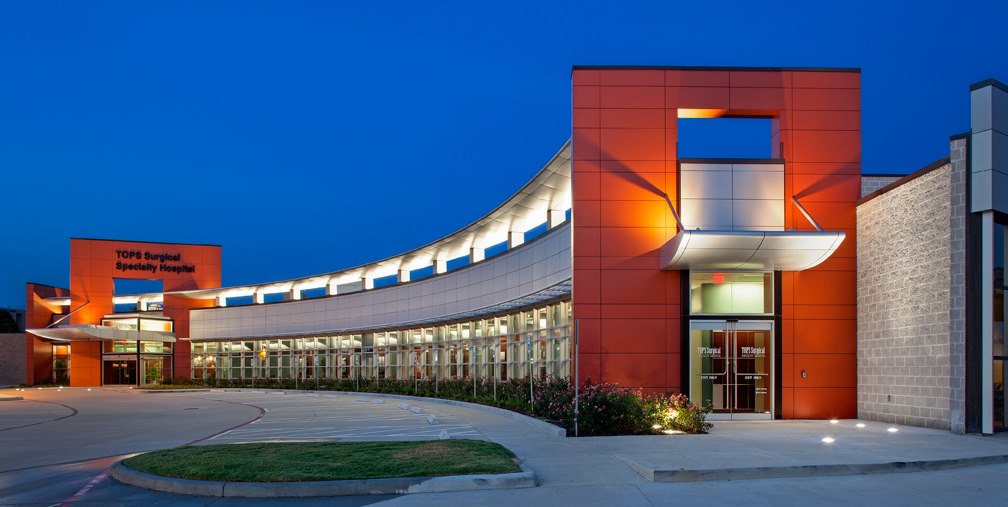
While there is a lot more awareness about breast cancer, its symptoms, and its devastating impact on individuals, there’s also no denying how much misinformation surrounds it as well.
There are several pervasive myths that can lead to damaging outcomes, such as avoiding treatment and screening, ignoring symptoms, and downplaying the importance of seeking medical attention. Here are some of the most commonly believed myths and the truth behind them:
While it’s true that lumps are a common symptom of breast cancer, not all lumps in your breast may be cancerous. Masses, fibroids, cysts are all common types of lumps that you may encounter, but it never helps to ignore them. Meet with your doctor and if they recommend, get a biopsy to rule out the cause.
This is one of the most dangerous myths surrounding breast cancer, and it’s untrue. Mammograms, which are x-rays of the breast, remain the most reliable detection method, and women aged 40 and above should get yearly mammograms. Women as young as 25 with a family history of cancer should also schedule annual screenings and even genetic testing. This also dispels the myth that breast cancer only affects older adults—even young, healthy individuals may develop it.

While a mutation in the BRCA1 and BRCA2 genes may cause concern, they are definitely not sure-shot indicators that someone will necessarily develop breast cancer. Yes, they increase chances and make it necessary to exercise caution and ensure you’re following up with your healthcare providers, but there are no certainties.
Speaking of genetics, another commonly believed myth about breast cancer is that family history is a strong indicator of whether or not one will develop cancer. In truth, only about 10% of women with breast cancer have a family history of it. This means that while family history may increase chances, it’s not a definitive indicator of cancer. On the other hand, a lack of family history is also not a given for a cancer-free life. You still need to be careful and look out for any unusual signs or symptoms.
Unfortunately, no lifestyle choices or decisions will prevent cancer from developing. Regardless of gender, family history, and other factors, healthy, fit individuals are at risk, too, so you shouldn’t underestimate how important active awareness and detection are.
Our comprehensive breast center offers breast screening and diagnostic services, mammographies, and other services, including pre-op care and breast cancer treatment. You can schedule your appointment and meet with leading breast specialists in Houston, TX. You can also visit the center for more information and to meet with our technicians, specialists, and healthcare experts and receive a treatment plan. Together we can fight this!

Phone: (281) 539-2900
Fax: (281) 715-4525
7 Day a Week 24 Hours a Day
Driving Directions